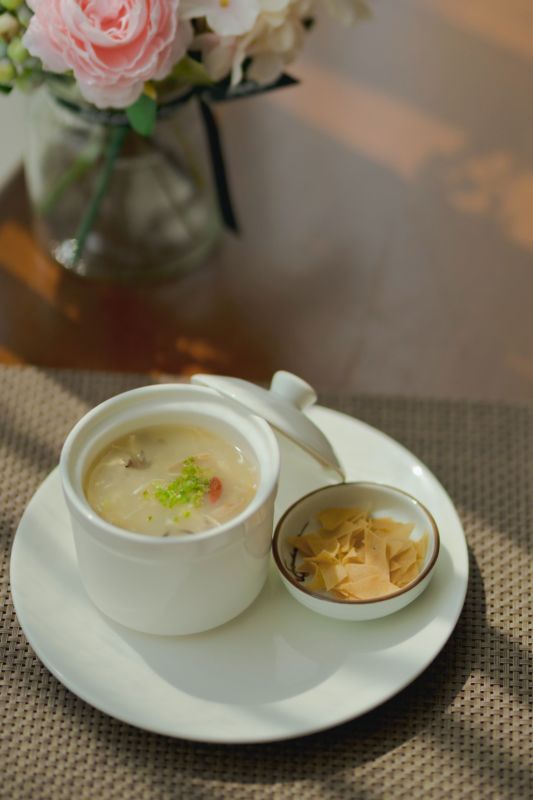It’s wintertime – do you change your eating habits? Eating with the seasons is a tradition in many cultures and in this article, we look at some general principles of eating in wintertime according to traditional Chinese medicine.
Winter’s Energy
Winter is the most yin season of all. It is a very introspective time and time to support the Bladder and Kidney energies. This is a slow time, as opposed to the active summer, the most yang season. Yin and yang is a core principle of Chinese philosophy and cosmology. There is a flow between yin and yang, the receptive and the active, the cold and the hot, the moved and the mover, the moon and the sun, that which descends and that which rises. Within yin, lies the seed of yang and vice versa. They also work together, and need each other. “Yin needs yang to warm and vivify it. Yang needs yin to centre and earth it.” [1]
Harmonizing with the Environment
Life is dynamic and our external and internal environments change all the time. Health is about harmonizing and adjusting to the environment. So what are some ways to do this in the Winter?
To balance the body in the cold, wet, yin time of Winter, diet is more warming, rather than salads and raw foods. To support the water element of Winter, the Chinese diet also includes a lot of soups, including sweet soups, or Tong Sui (糖水). Give this apple “sweet water” (its literal translation) a try!
Do be sure to choose satisfying sweet foods. Sweetness supports the Stomach and Spleen energies. If consumed in excess, it disrupts Kidney and Bladder energy. Winter is when these energies are susceptible to influence, whether negative or positive. So instead of reaching for ice cream (cold) or processed sweets, opt for dessert soups.
We can also supporting kidney health by eating foods such as kidney beans, or foods that are black (blue black is the colour of Winter), such as black sesame seeds.
Winter is for slowing down, going inward, into the still point. Take your time to prepare, cook, and enjoy your meal.
[1] Clogstoun-Willmott, Jonathan. Western Astrology & Chinese Medicine. Destiny Books, 1985. p121




